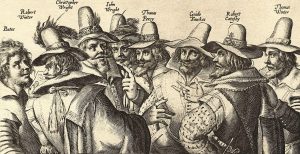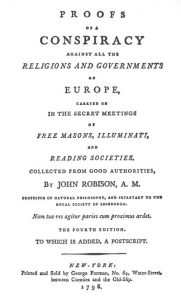September 25, 2017, Burwood Corporate Centre, Burwood Campus
The dichotomy of the individual and the collective has been a classic problem of philosophy and political theory since the beginning. Perennial questions have emerged around the nature and the viability of social bonds. Are social relations forged by consent to a social contract? Are they the expression of a common will of the people? Do they require the abandonment of natural rights and individual freedom? The sense of conflict or contradiction between the individual and the collective, the one and the many, has been a constant source of theoretical difficulty. There have been numerous attempts in contemporary theory to deal with this dilemma by rethinking traditional categories such as the ‘humanist individual,’ ‘the mass’ as an aggregate of isolated units, or ‘the people’ as a substantial metaphysical entity. One approach, for example, is to explore a mode of subjectivity that in some way is always-already part of a de-essentialised community. The political question then becomes that of enhancing the capacities of this subjectivity for thought, action, self-expression and practical freedom. According to this view, the non-social individual is an abstraction. In order to overcome the duality individual/collective, further categories such as the ‘group-individual,’ ‘transindividual,’ ‘multitude’ or ‘generic humanity’ have been put forward.
This workshop will explore conceptions of the political subject and ask what may constitute collective subjectivities in the twenty-first century. Is the subject still the locus of a radical left politics of collective transformation and systemic change? What are the practical conditions requisite to the realisation of political subjectivity? Do changes in modes of production caused by cultural and economic globalisation and technological development provide an opportunity for emancipatory struggles, or do they rather make it more difficult to resist a hegemonic world-capitalism? What are the possibilities and limitations of articulating collective politics today? How can we theorise a collective that is more than simplistic unity, other than a ‘natural’ or national identity, and that remains inclusive and open to continuous extension? The workshop invites contributions that pose and critically examine these and related questions.
Program:
10.00-10.50 Charles Barbour: ‘The Secret Society: Testimony, Perjury, and Oath in Derrida’s Later Work’
10.50-11.35 Miguel Vatter: ‘Dignity and Humanity: Averroistic, not Christian’
11.45-12.30 John Morss: ‘We Is A Thing: On the Political Grammar of Peoplehood’
13.30-14.15 Robert Boncardo: ‘The Individual as Constitutive Power: Jean-Paul Sartre’s Critique of Dialectical Reason‘
14.15-15.00 Sean Bowden: ‘The Expression of Collective Intentions in Unstructured Groups’
15.10-15.55 Daniela Voss: ‘Simondon and Transindividuality’
15.55-16.40 Andreas Hetzel: ‘Transformations of Natural Right: Hegel’s Contribution to a Philosophy of a Non-Exclusive Community’
For details please contact Dr Daniela Voss.
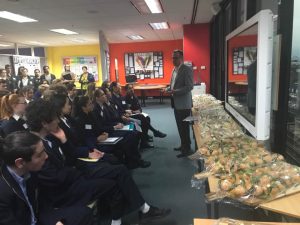 On Thursday 30th Patrick Stokes delivered a speech to students at the Victorian Association for Philosophy in Schools (VAPS) Victorian Secondary Schools Philosophon. Patrick and Cathy Legg then helped judge the competition. The standard was incredibly high and we were deeply impressed at the calibre of young philosophers!
On Thursday 30th Patrick Stokes delivered a speech to students at the Victorian Association for Philosophy in Schools (VAPS) Victorian Secondary Schools Philosophon. Patrick and Cathy Legg then helped judge the competition. The standard was incredibly high and we were deeply impressed at the calibre of young philosophers!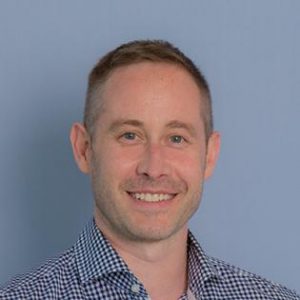
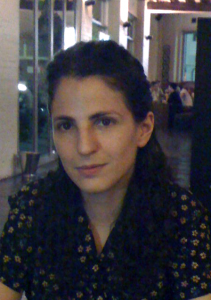 Over at
Over at 

